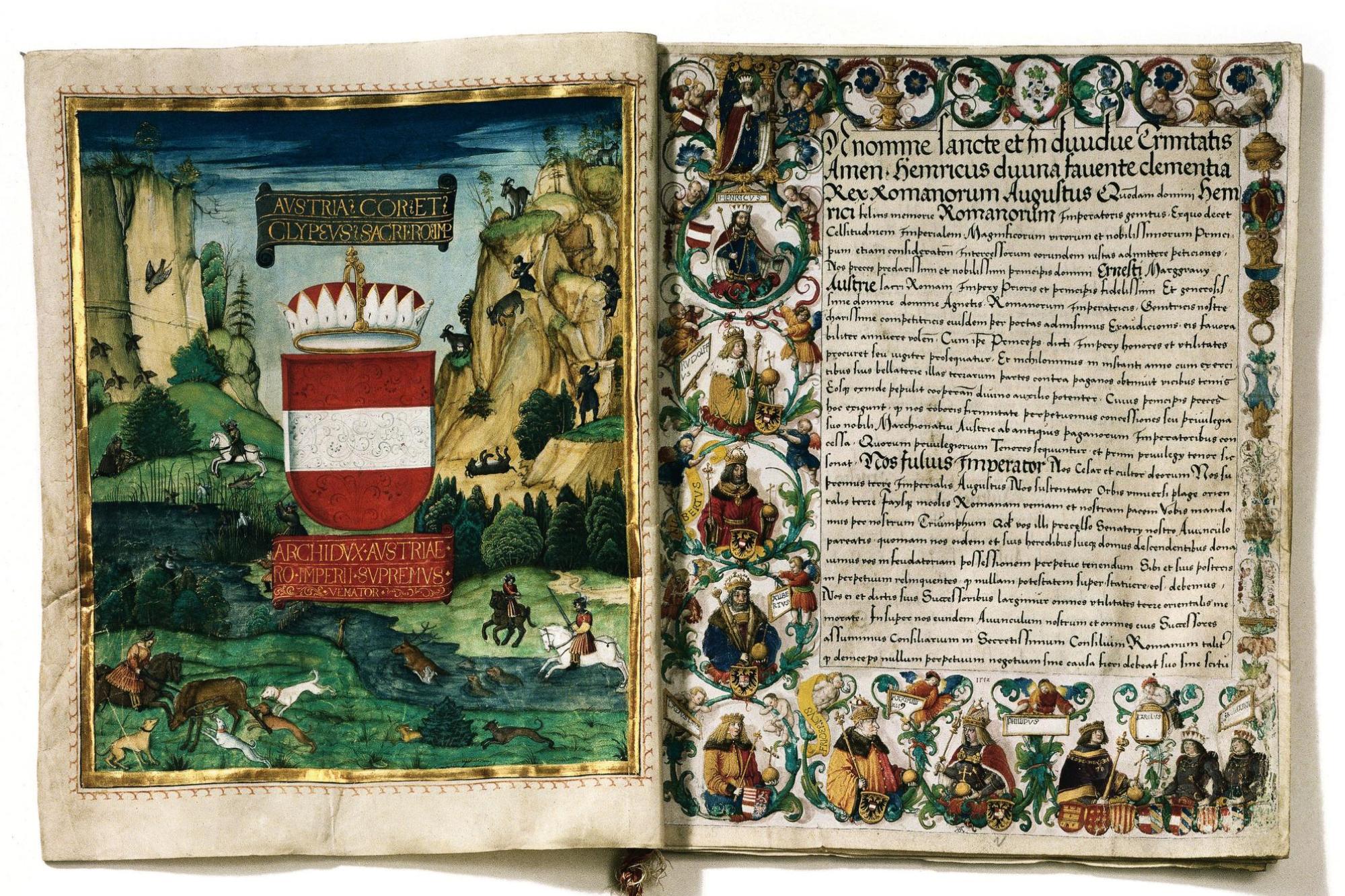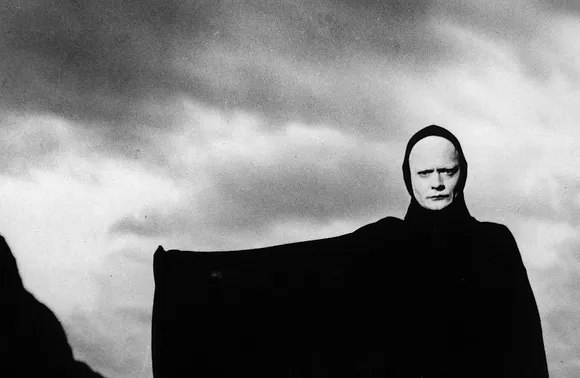
Forging the Past: Habsburgs' Response to the Decree of "Golden Bull"

Legitimacy is one of the most fundamental things for a monarch to rule. The absence of this phenomenon will soon result in the loss of the throne, or it would not even be possible to ascend to it. There are several ways to gain legitimacy, such as nobility, territory owned, and military power. However, when you consider Europe in the Middle Ages, the Holy Roman Empire (HRE) in particular, nobility seems to be the most important element in gaining legitimacy.
There were some dynasties noble enough to be the king of the HRE or to be one of the electors of the king; yet, some were not noble enough to be among them, one of which was the Habsburg Dynasty in the 14th century. The Habsburgs were, in fact, one of the noblest dynasties in 14th-century Europe, but since their biggest rival at the time, the House of Luxembourg, ascended to the throne of the HRE, some degrading events occurred for them.
Emperor Charles IV of Luxembourg (1316–1378) released a decree called the "Golden Bull" (1356), which included several arrangements regarding the electoral order in the HRE. This decree also excluded the Habsburgs from the electoral list. Moreover, it placed the Habsburgs in the second row of the seating plan of the empire’s meetings, behind the electors, senior clergy, and high dignitaries of the empire. As the Habsburgs were diminished and dishonored by the "Golden Bull," Rudolf of Habsburg (ruled 1358–1365) felt compelled to restore his family’s dignity. What Rudolf did was considerably brave, yet immoral at the same time. But before recounting what Rudolf did, I need to briefly tell you about the background of the Habsburgs and the House of Babenberg.
Even though the Habsburgs are commonly known as Austrians, they are not originally Austrians. They are, in fact, from Aargau, Switzerland, where the "Castle of Habsburg" (built in the early 11th century) is located. On the other hand, the lands of Austria were under the reign of the House of Babenberg from the 10th to the 13th centuries. The Babenbergs were of high reputation, as they had kinship with both Byzantine and HRE emperors, and they were also known for their piety. Furthermore, since the old Roman name for Austria was Noricum, they claimed that Austria was founded by Norix, the son of Hercules, adding more prestige to their dynasty. However, in 1282, the Babenbergs went extinct, leaving no male heirs behind. Afterward, the Habsburgs persuaded the HRE electors to inherit the lands of the Babenbergs, which was essentially Austria (1282). Initially, the Austrian lands did not hold much importance to the Habsburgs, but by the mid-14th century, these lands became more and more significant to them, eventually leading them to move their headquarters to Vienna.
Now, to return to why Rudolf of Habsburg's reaction to the "Golden Bull" was considered brave: Rudolf assumed that, in order to restore his family’s reputation, they had to adopt the history of the Babenbergs. They advertised themselves as pious by constructing several religious foundations. What is even more significant is that they prepared five fake charters in 1358, three of which confirmed the other two. One of the two charters, called "Pseudo-Henry," contained two letters: one supposedly addressed by Julius Caesar to the people of Austria, ordering them to accept his uncle as their ruler, and the other by Emperor Nero, again addressing the Austrians, stating that, because they surpassed all other peoples of the Roman Empire in splendor, he released them from paying all imperial taxes and awarded them freedom forever. The other charter, called the "Greater Privilege," was based on an original charter given by Frederick I Barbarossa, which promoted Austria to a duchy. By shifting and adding some details to the old one, Rudolf forged it into a new charter. The "Greater Privilege," similar to the original, elevated Austria to an archduchy, a title entirely invented by the Habsburgs, granting them elector-like privileges.
The former charter, Pseudo-Henry, was identified as a forgery by the Italian scholar Petrarch at the time. Nonetheless, the latter, the Greater Privilege, bore fruit well, making the Habsburgs one of the most noble dynasties in Europe and possibly even opening the doors for them to become the Holy Roman Emperors nearly a century later, in 1438, a position they would hold until the dissolution of the HRE in 1806. It was not until the mid-19th century that this charter was proven to be a forgery.
Although the majority of these five charters were approved as lawful by Emperor Charles IV of Luxembourg, he did not alter the electoral list or the seating plan as Rudolf intended. Nevertheless, from that time on, the Habsburg Monarchy was an archduchy, a title below that of emperor, and roughly equal to king, prince-archbishop, and grand prince, which could be considered a huge success.



